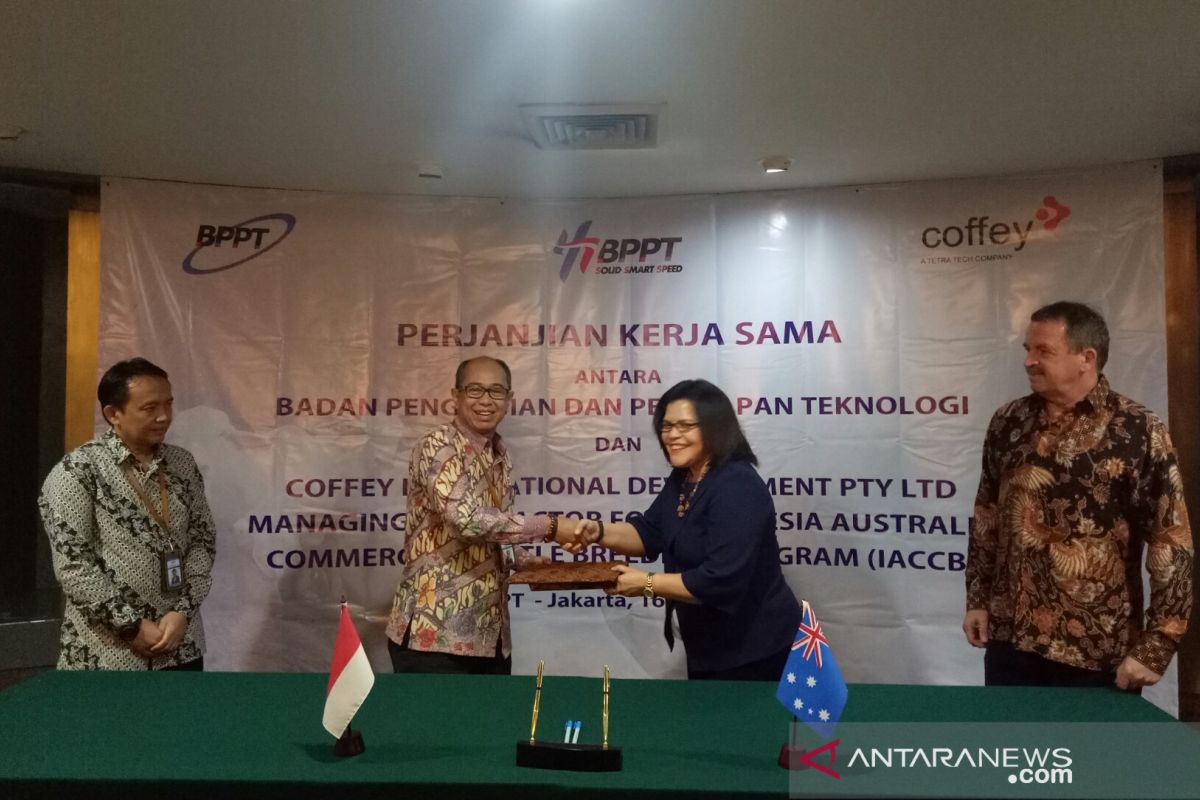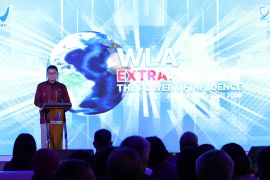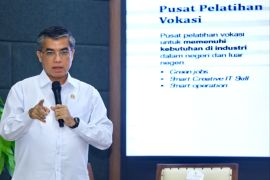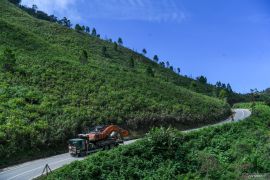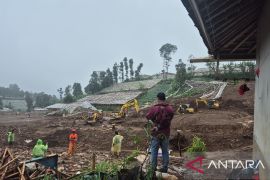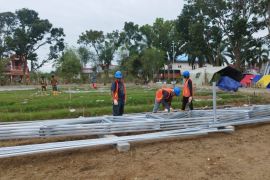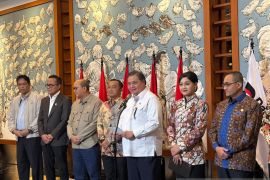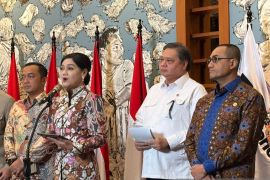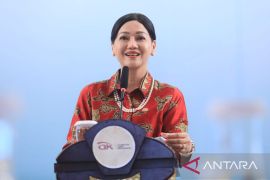"We always conduct research and development in search of innovations and findings with direct commercial viability," Deputy of Agroindustry and Biotechnology Technology (TAB) BPPT Soni Solistia Wirawan remarked during the inking of the cooperation agreement at BPPT, Jakarta, Thursday.
The cooperation agreement between BPPT and Coffey International Development PTY LTD, the managing contractor for the Indonesia Australia Commercial Cattle Breeding Program, was inked between Deputy of Agroindustry and Biotechnology (TAB) Technology BPPT Soni Solistia Wirawan and Chief representative of Coffey International Development PTY LTD for Indonesia Trudy Djanggeur.
This cooperation will be implemented in South Kalimantan and Central Kalimantan on the land owned by the company.
Wirawan elaborated that the research will shed light chiefly on the economic impact in the event of the integration of palm oil plantations with cattle raising.
Currently, Indonesia has continued to import cows in large numbers, and these studies are expected to direct efforts to developing populations and maintaining cattle.
"We continue to import large number of cows, and we are working towards meet our demand domestically," he revealed.
Indonesia's aim to boost cattle population should be backed by efforts directed at increasing feed and land expansion. With cattle integration in palm oil plantations, these areas can serve as cattle grazing land and meet the requirement for cattle feed while maintaining palm productivity.
The potential of the palm oil plantation industry, measuring 14.03 million hectares in area, as a source of feed ingredients and grazing land, can be tapped to support the development of the national cattle population through the integration of palm-cattle programs.
One of the most major areas of concern is the impact of the entry of cattle into the plantation area on the soil fertility and productivity of palm oil trees.
This second-year cooperation agreement encompasses research on soil fertility in plantations as an impact of integration of cattle herded in palm oil plantations, study of fresh fruit bunches for a specific time period and conducted on plantations with varied types of palm oil trees, economic studies on cattle breeding in the palm-cattle integration system.
Indonesia Australia Commercial Cattle Breeding Coordinator Paul G. M. Boon Program stated that the research shed light on whether the integration of cattle into palm oil plantations is economically feasible.
He called for the need to conduct valid and objective research for yielding sound outcomes or policies.
"Through research, we can accrue data or evidence that can truly offer the right information to those looking to move into the fields of oil and cattle," he explained.
Industry partners too can take decisions on the basis of scientific findings that can be accounted for.
Earlier cattle breeding
In fact, the Indonesian government has forged collaboration with Australia, under which the Indonesia-Australia Comprehensive Economic Partnership Agreement (IA-CEPA) negotiations were held and yielded outcomes that are ready to be implemented.
One of the contents of the collaboration is the discussion of meat and cattle. Head of the Indonesian Delegation for IA-CEPA Deddy Saleh remarked that this collaboration is currently underway.
"Breeder development activities have been conducted in East Kalimantan," Saleh remarked at a press conference held to discuss the results of the seventh round of Indonesia Australia Comprehensive Economic Partnership Agreement (IA-CEPA) at the Ministry of Commerce, Central Jakarta, Tuesday (30/5).
Through cooperation with the Australian government in the field of animal husbandry, he is optimistic of witnessing an increase in capacity in the field of breeders or cattle breeding that is expected to boost the development of nurseries in Indonesia.
"We are keen to develop the Indonesian livestock sector and work towards self-sufficiency in livestock," he emphasized.
Moreover, Saleh remarked that with regard to the agreement, an assessment was conducted to tap the potential of Indonesian livestock, procedures were prepared for handling livestock from the port to the feedlot, and standard operating procedures were outlined to develop the meat cutting industry. Hence, he viewed Australia as being adept in handling livestock.
"Australia has been good at handling livestock. There, livestock really thrive," he added.
Saleh revealed that cooperation in the field of animal husbandry was financed through a grant worth 60 million AUD, or around Rp595 billion, funded by the Australian government for a 10-year period to develop the cattle and meat sector in Indonesia.
"It has been running for three years since 2014. For the IA-CEPA negotiations with Australia, since 2013, it has only stopped at that time, and there are issues. It will only begin again in 2016," he added.
Editor: Suharto
Copyright © ANTARA 2019
